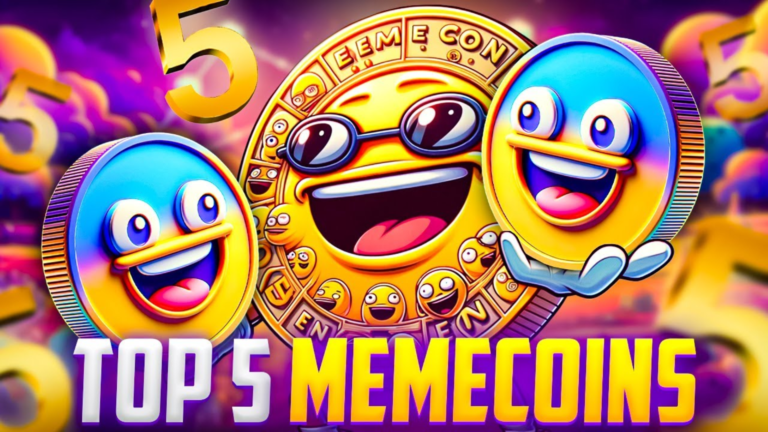
 Blockchain technology holds the potential to completely disrupt the media and entertainment industries. Unequal distribution of content, as well as unfair compensation for creators, are problems that evolving blockchain technologies are seeking to solve.
Blockchain technology holds the potential to completely disrupt the media and entertainment industries. Unequal distribution of content, as well as unfair compensation for creators, are problems that evolving blockchain technologies are seeking to solve.
Innovative artists are disrupting the ways that we consume and pay for various modes of entertainment. The music and entertainment industry has been in a process of continual disruption as streaming platforms have risen in popularity. While those platforms have made media more globally accessible, they have not allowed for fair compensation for creatives. Blockchain poses a possible solution through decentralization.
Because the entertainment industry has suffered from issues of ownership, with confusion and conflict surrounding attribution, the implementation of blockchain could create a more fair system of transparency, noting what individuals are entitled to compensation and why. In addition, blockchain is forgery-resistant in that it cannot be modified. And it could make it easier to keep track of royalties and distribution agreements.
The late Nipsey Hussle was an early proponent of the decentralization that Blockchain could provide. The LA rapper, who was famous for his mixtapes and community activism, was also a businessman. He first invested in bitcoin in 2013 and owned a stake in the crypto company Follow Coin. Hussle was innovative in that he saw blockchain as a major technological revolution, comparable even to the advent of the Internet.
“There are all these entrepreneurs that are gonna use the opportunity that the blockchain creates to build the next Google,” Hussle said in a statement, “and over the next five, ten years, we’re gonna see these things pop up.”
Blockchain has potential to shape the future of the entertainment industry, and there are already several companies aiming to change how the industry does business.
The ways that musicians fund their art is notoriously convoluted. Artists put their passion into their music, but it’s often the record labels who maintain ownership. And with the advent of streaming services, the artists’ bottom line has been cut in exchange for the dissemination of music to fans. Vezt is changing the way music is distributed by allowing the artists, songwriters, and producers direct access to funding from their fans in exchange for royalties.
These royalties are tracked through Blockchain. All song rights are encoded through blockchain on Vezt’s platform. Artists can more easily capitalize on their work, and blockchain offers a transparent solution for royalty collection. Fans are offered an ISO (Initial Song Offering), which allows them to purchase a percentage of a song’s rights. Musicians are paid, and the digital rights move to a Vezt wallet given to each participant. Although still in its early state, Vezt is a promising possibility both for artists and for those who want to invest in them.
FilmChain works similarly in that it uses Blockchain to encourage transparency throughout the distribution process. FilmChain stakeholders can automatically be compensated without the need for a middleman. And because film distribution on a global scale is expensive, blockchain can remove some of that cost and help to make it so that more people are exposed to media on an international scale.
Disrupting the entertainment industry
Music producer Leon “RoccStar” Youngblood, who has worked with big name artists like Jennifer Lopez and recently founded, alongside Prince Royce and Fetty Wap, ENX Coin, a streaming platform dedicated to solving two major problems plaguing the entertainment industry — a lack of fairness for creators and too high prices for consumers.
ENX Coin offers unlimited access to streaming services as well as live events in all sectors of entertainment. Venues can connect directly to their consumers, and those consumers will, in turn, be rewarded for their loyalty. All tickets purchased with ENX coin will be resistant to forgery, and the low cost for start-ups will benefit small and medium enterprises, further democratizing the entertainment sector.
Innovative developments with Blockchain pose the possibility to decentralize the entertainment industry, with a number of potential benefits for those involved in the industry and for audiences worldwide. While the official adoption of blockchain by the mainstream entertainment industry is not likely to happen anytime soon given the uncertainty and lack of regulation in the space the technology is promising.
Blockchain has already been adopted by some revolutionary distribution companies, and there are innovators who are developing platforms that are likely to pave the way for its full future potential. With new developments such as Vezt, FilmChain, and ENX Coin, creators and contributors may receive the compensation they deserve while providing fans with the products they crave.



